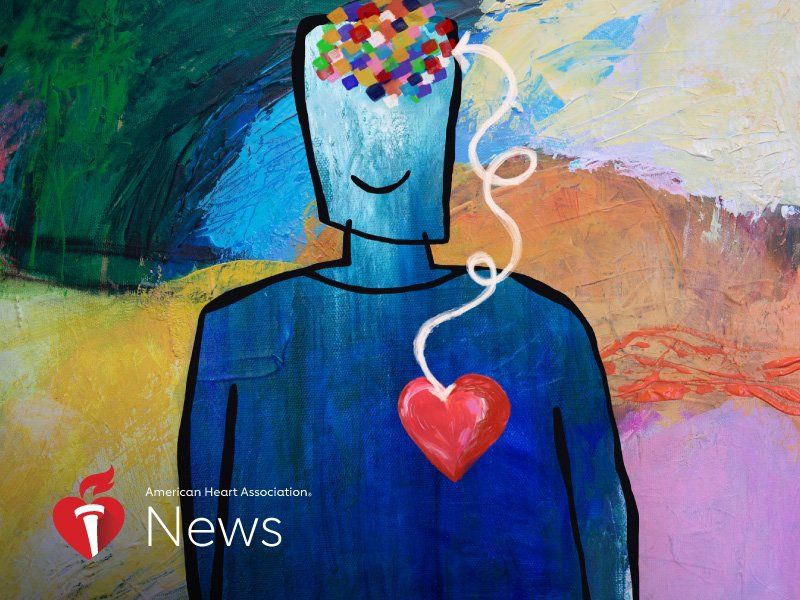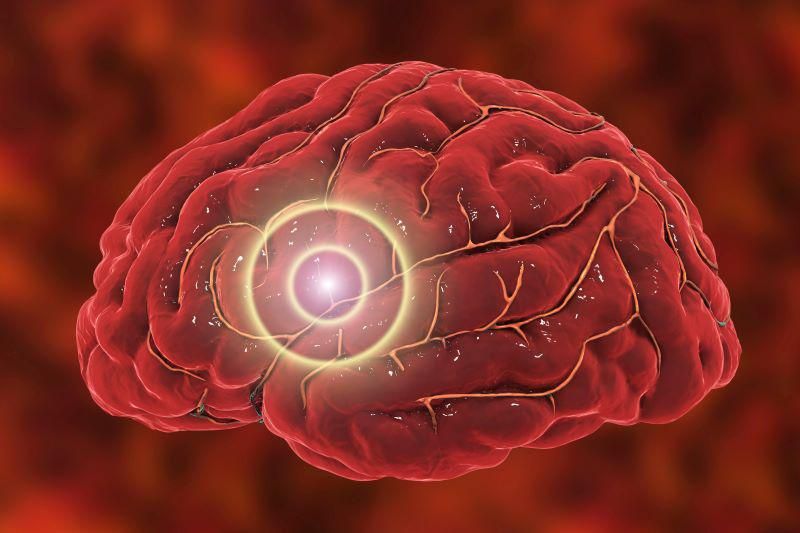
TUESDAY, May 23, 2023 (American Heart Association News) — The physical needs of someone recovering from a heart attack, cardiac arrest or major heart surgery can be easy to understand. For many people, the mental and emotional healing may be less so. Issues such as depression, anxiety and post-traumatic stress regularly affect not just patients… read on > read on >






























